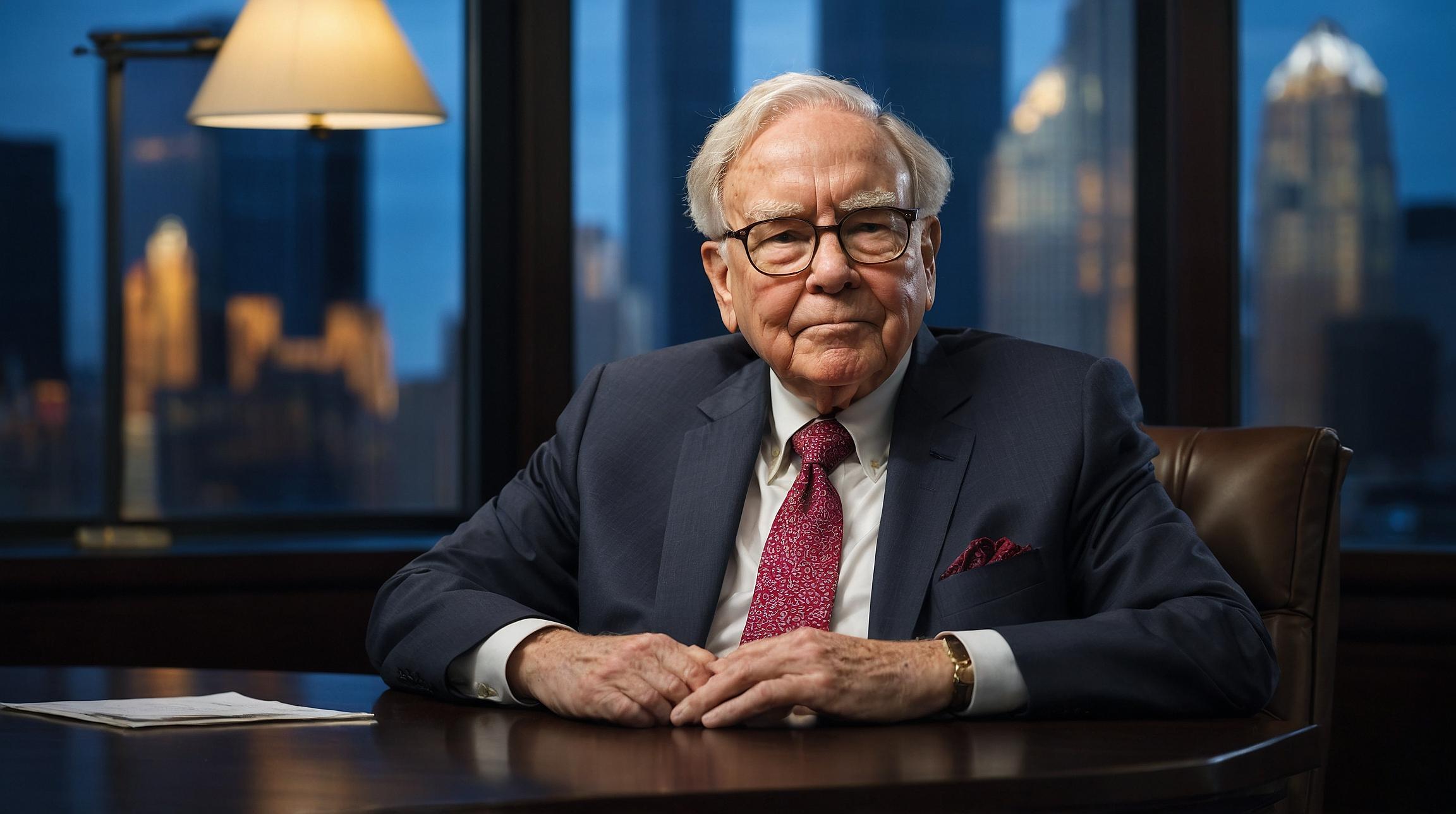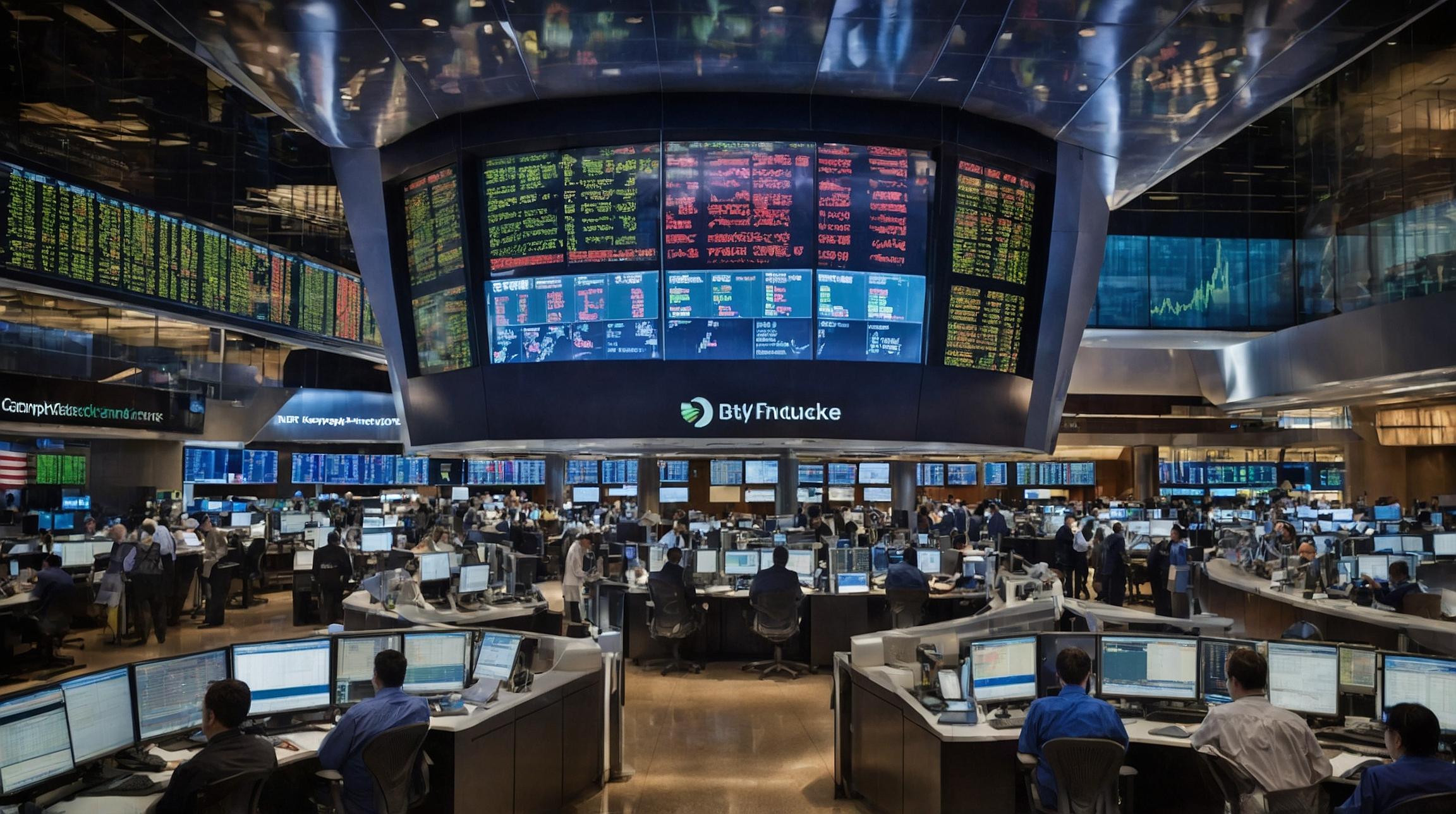Warren Buffett's Investment Philosophy: Shifting Perspective on Stocks
Warren Buffett, a celebrated billionaire investor known for his wisdom in the stock market, urges investors to abandon the 'me vs. stock' mentality. This approach focuses too much on personal biases rather than objective analysis of stock value, he explains.
Embracing Stock Price Drops
In a 2014 interview with Fortune Magazine, Buffett highlighted his counterintuitive approach: "I love it when the things we buy go down." This statement reflects his excitement about acquiring more shares of a company he values highly at reduced prices. When stock prices drop, many investors panic, believing that the stock "knows more" than they do. Buffett disagrees, viewing this as an opportunity to buy more for less.
The Mistake of Emotional Investing
Buffett criticizes investors who treat stock performance as a personal referendum. "Stock doesn’t care what you paid," he emphasizes. The key question should always be: "Can I get more for my money someplace else?" This perspective encourages rational decision-making based on potential investment returns rather than emotional responses to market fluctuations.
The Investor's Advantage
Unlike historical business magnates such as Andrew Carnegie and John Rockefeller, modern investors have the flexibility to diversify and adjust their portfolios with ease. "Investors can shift from one business to another at a low cost," Buffett points out. This ability to realign investments quickly is a considerable advantage.
What Truly Matters in Stock Ownership
Buffett explains, "There is nothing about the price action of the stock that tells you whether you should keep owning it." Instead, focus on the company's future potential relative to its current price. This is the essence of value investing, a strategy that Buffett has championed and succeeded with.
Why Buffett's Advice is Timeless
Buffett's insights remain relevant, especially in times of economic uncertainty. His preference for holding substantial cash reserves, like Berkshire Hathaway's $277 billion at the end of the second quarter, underscores his cautious yet opportunistic approach. His philosophy teaches investors to prioritize the intrinsic value of stocks and make informed decisions based on a company's long-term prospects rather than short-term market movements.













